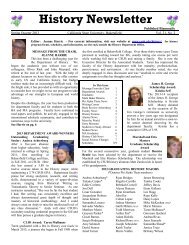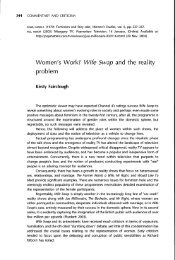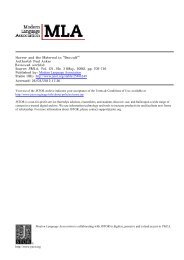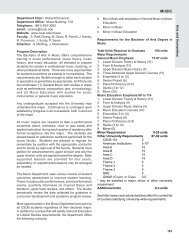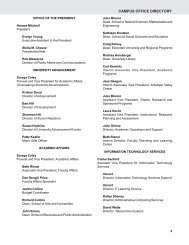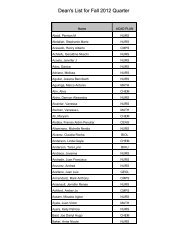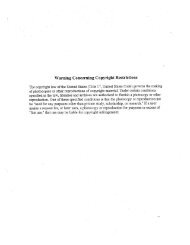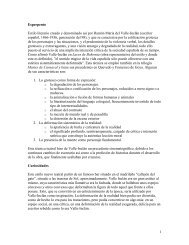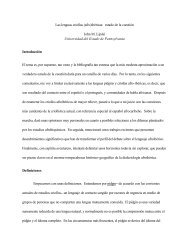English 418 Second Language Acquisition Session Twenty Four ...
English 418 Second Language Acquisition Session Twenty Four ...
English 418 Second Language Acquisition Session Twenty Four ...
Create successful ePaper yourself
Turn your PDF publications into a flip-book with our unique Google optimized e-Paper software.
• First: you must decide whether or not acquisition can best be characterized by means of<br />
innateness<br />
• Is it nature or nurture<br />
• Does the learner come to the learning task with an underlying grammar? (Innatism)<br />
• Or does language learning result from social interaction? (Behaviorism)<br />
• Building a Personal Theory of SLA<br />
• Those working within the first paradigm take as the scope of investigation linguistic<br />
descriptions of grammars<br />
• In so doing, an idealized speaker-hearer is assumed, with the claim being made that in order<br />
to fully understand formal constraints on language, one needs to isolate that linguistic<br />
system and investigate it in and of itself without external influences<br />
• Building a Personal Theory of SLA<br />
• In the social interactionist view, language and social interaction cannot be separated without<br />
resulting in a distorted picture of the development of linguistic and interactive skills<br />
• <strong>Language</strong> and cognitive development are deeply embedded in the context<br />
• Thus, understanding the development of syntax, for example, can only come about as one<br />
investigates how syntax interacts with other relevant aspects of language<br />
• Building a Personal Theory of SLA<br />
• These conflicting positions have resulted in the development of different research traditions<br />
as a result of the different questions being asked<br />
• This, in turn, has resulted in conflicting views about the best way to gather data and the<br />
correct questions to be asked<br />
• Building a Personal Theory of SLA<br />
• Next, what is the role of input?<br />
• (Regardless of which perspective above you choose, it is clear that input of some sort is<br />
necessary in order for acquisition to take place)<br />
• We should first note that learners are exposed to a large body of second language data<br />
• Building a Personal Theory of SLA<br />
• A well-established fact about second language acquisition is that not everything that<br />
learners hear/read is used to form internal grammars<br />
• Some data filters through, some does not<br />
• In other words, some data is apperceived, some is not<br />
• The first stage of input utilization is called apperceived input



